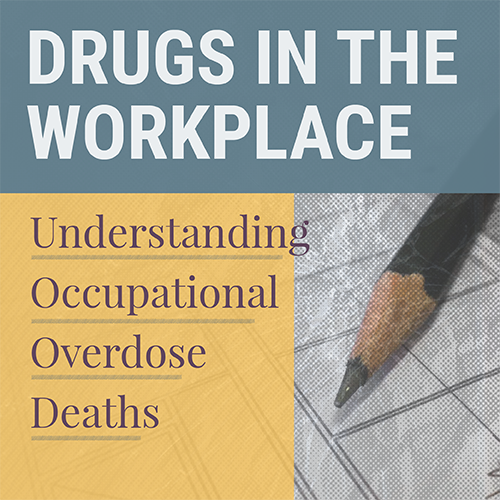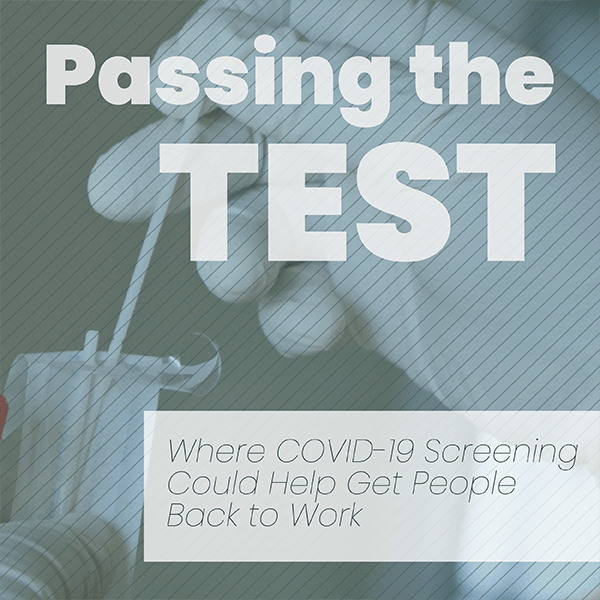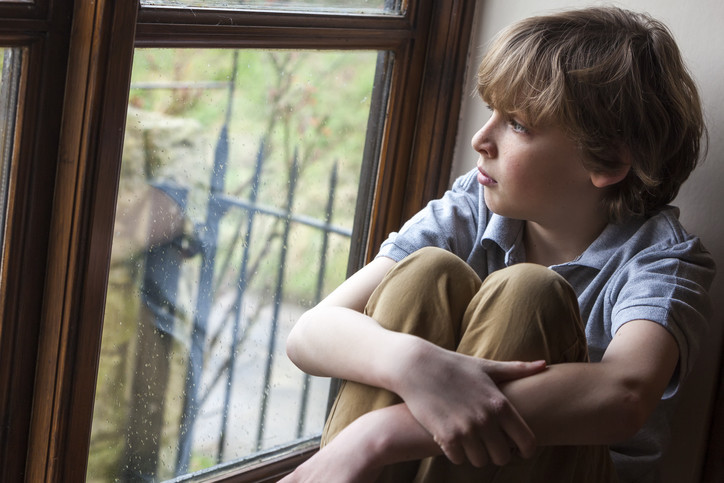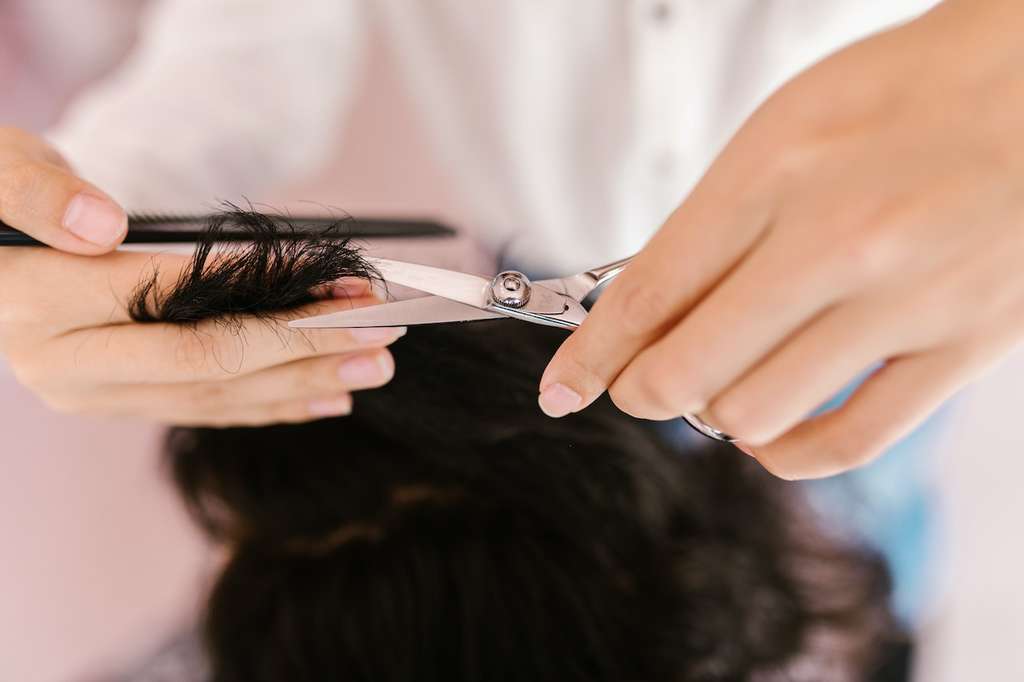US Drug Test Centers Blog
How Coronavirus Has Affected Addiction
During these uncertain times, people who abuse or misuse alcohol, drugs, and other substances, including those who are on the road to recovery, are significantly more vulnerable
In fact, NPR reports that drug overdose increased by 18%, spiking during the onset of COVID-19. The New York Times also notes a 13% incline in drug-related deaths.
With the continuous rise of cases in overdose, relapse, and deaths associated with substance abuse, it's important to understand how the ongoing pandemic is affecting people struggling with addiction. It's also vital to know what measures treatment centers are taking, how individuals can cope, and how loved ones can provide support.
How COVID Has Affected People Struggling With Addiction
Anxiety and Stress Can Lead to Potential Relapse
People who are battling addiction thrive on human interactions. While it's safer to stay indoors, being at home makes them feel more isolated and alone. Plus, the shutdowns and social distancing measures make it challenging for them to seek the guidance and treatment that worked well for them, particularly the face-to-face support meetings. As a result, they are turning to alcohol and drugs to feel (temporarily) better.
Similarly, individuals with addiction often suffer from other mental health concerns. With the constant flow of worrying news and socio-political turmoil, feelings of anxiety and depression continue to rise. Additionally, numerous stressors like fear of job loss or security, financial worries, uncertainties about health, unemployment, and general worries about the future lead to substance abuse or relapse.
Susceptibility to COVID-19
Chronic alcohol and drug use weakens the immune system and stresses the human body's systems. Thus, people who struggle with addiction are more at risk of catching infectious diseases.
Smoking and snorting cocaine as well as taking high doses of opioids or meth can severely damage one's lungs and respiratory system. And because COVID-19 attacks the lungs, these individuals are at serious risk of contracting the disease.
In addition, people who are in withdrawal show symptoms similar to what coronavirus patients have. As such, medical professionals who are evaluating drug users may mistake a case of COVID to withdrawal or vice versa.

Changes in Treatment Procedures
Another significant impact of the pandemic to addiction patients is tied to the changing federal laws.
For instance, methadone dispensing has loosened so patients won't have to visit the clinic daily. However, some clinics have yet to adapt to this new rule. Those who have complied are now able to give patients up to 28 days of addiction treatment medications, which if not done with caution will lead to more problems for people who are actively using drugs.
Moreover, detox clinics and halfway houses, which many individuals rely on, have closed their doors. Some programs are no longer accepting new patients as they have yet to adjust to the physical distancing rules. Others have stopped allowing people to come in for treatment services due to lack of safety supplies, food, or support. On the other hand, residential treatment centers who have opened their rooms for shared occupation are posing risks of transmitting the coronavirus.
Furthermore, access to several addictive substances has remained unchecked, as explained by Dr. Anna Lembke of Stanford Medicine. And since many patients live alone and are experiencing intense isolation, they rely on the availability of illicit drugs to keep them company.
How Some Treatment Centers Have Adjusted
However, this is not to say that all hope is gone for people battling addiction in these unprecedented times.
Some in-patient programs are now open with new precautionary measures in place. Patients, staff, and visitors need to have daily temperature checks and are closely monitored for COVID signs. Outpatient programs, on the other hand, are running virtually for those who are at home or unable to visit the clinic.
Dedicated counselors and outreach workers, like those from Onestop Harm Reduction, are exerting effort to reach out to the people living on the streets. They take time to explain the pandemic and all related dangers of drug use.
Moreover, many treatment centers have tailored their services and provided addiction and recovery resources to fit the changing environment. This includes the following:
- 24/7 crisis hotlines for addiction and mental health
- Educational resources (COVID-19, dealing with isolation, risks of substance use)
- Information on drugs and alcohol
- Mental health resources (family well-being, suicide prevention, social distancing)
- Online addiction and recovery meetings
- Recovery support apps
What Individuals Can Do
Addiction can quickly progress during times of isolation. If you're struggling with addiction, call your provider immediately. Be sure to discuss refill plans, medication for your urges, and options for urgent services.
Here are other things that can help minimize anxiety and stress:
- Attend and participate in online support meetings.
- Avoid sleeping or waking up late.
- Create a daily routine and try to stick to it.
- Get in touch with your loved ones.
- Experiment with breathing, meditation, or yoga practices.
- Go for a short walk or do at-home exercises.
- Keep yourself busy indoors (e.g. rearrange your room, declutter your closet).
- Read a good book.
- Take a break from the news and social media.
- Watch a comedy or feel-good movies/TV shows.
What Family and Friends Can Do
If you have a loved one who you suspect is struggling with drug abuse or experiencing relapse, reach out to them immediately. Pay attention to the signs of intense isolation. For example, if you're used to talking every day and they haven't been in contact for a day or so, they might be prone to distancing. Likewise, if they look distressed or disheveled during a video call, a relapse could have occurred.
As mentioned, people who turn to alcohol and drugs tend to feel extra lonely without human connections. That's why it's important that you keep in constant contact with them. Take time off every day to get on a call or video chat. Listen intently to their stories or ask questions if they seem reserved. Reassure them that while you're physically apart, they have people willing to help and support them.
Lastly, get educated on addiction. Seek help from interventionists, social workers, and medical professionals on the next best steps when you're suspecting abuse or relapse in your family. Read reliable resources online on how to effectively manage and treat this chronic disease.
How We Can Help
COVID-19 has added a new layer of challenges for people battling addiction. On top of complying with safety measures related to the pandemic, everyone must take part in putting a stop to the growing cases of overdose and deaths related to substance abuse. If you're struggling with addiction or you suspect a loved one is, be sure to get professional guidance.
US Drug Test Centers can help manage your drug and alcohol screening. If you need help or want to learn more, order a test or contact us today.























